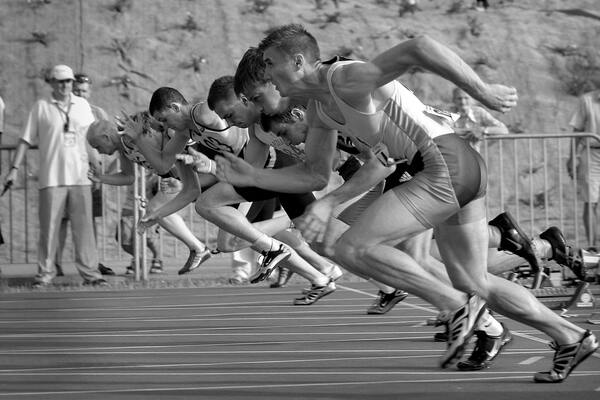The Effects of Knowledge, Lack of Knowledge, and Deception on Rate of Perceived Exertion and Performance During Workouts
(1) The Neighborhood Academy, Pittsburgh, Pennsylvania
https://doi.org/10.59720/19-039
The purpose of this study is to examine how knowledge, lack of knowledge, and deception affect the rate of perceived exertion (RPE) and actual performance of moderately trained teenagers engaged in sprint training. This study has two hypotheses. The first hypothesis is that athletes who do not know their sprint duration will have a lower reported RPE and actual performance, compared to athletes who are aware of their sprint duration. Our second hypothesis is that athletes deceived with a lower sprint duration will report a higher RPE and performance compared to when they have knowledge of their duration. The order of the experimental conditions was knowledge, deception, and then lack of knowledge. Participants started from the midfield line of an indoor soccer field and ran to the end of the field and back to midfield ten times for all conditions. While on their way back, they reported their RPE to an assigned assistant who was timing them. We found that participants ran the slowest and reported the lowest RPE throughout the ten sprints in the lack of knowledge condition. We also found that the knowledge condition had a slower average sprint time than the sprints during deception, but the knowledge condition yielded the fastest and most consistent speeds. Coaches should strongly consider telling their athletes the truth about workout duration since our study along with many others suggests that it is the best way to maximize performance and RPE.
This article has been tagged with: